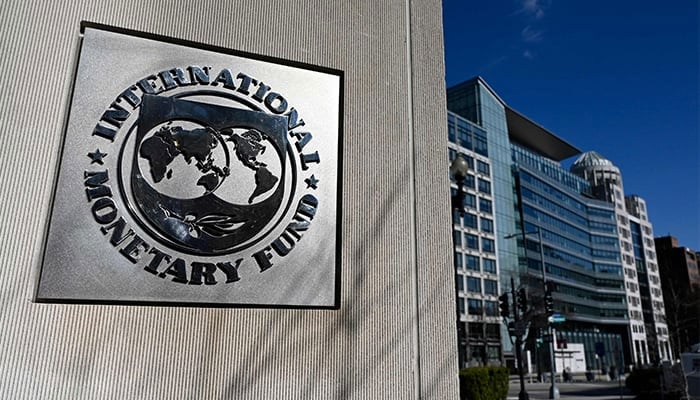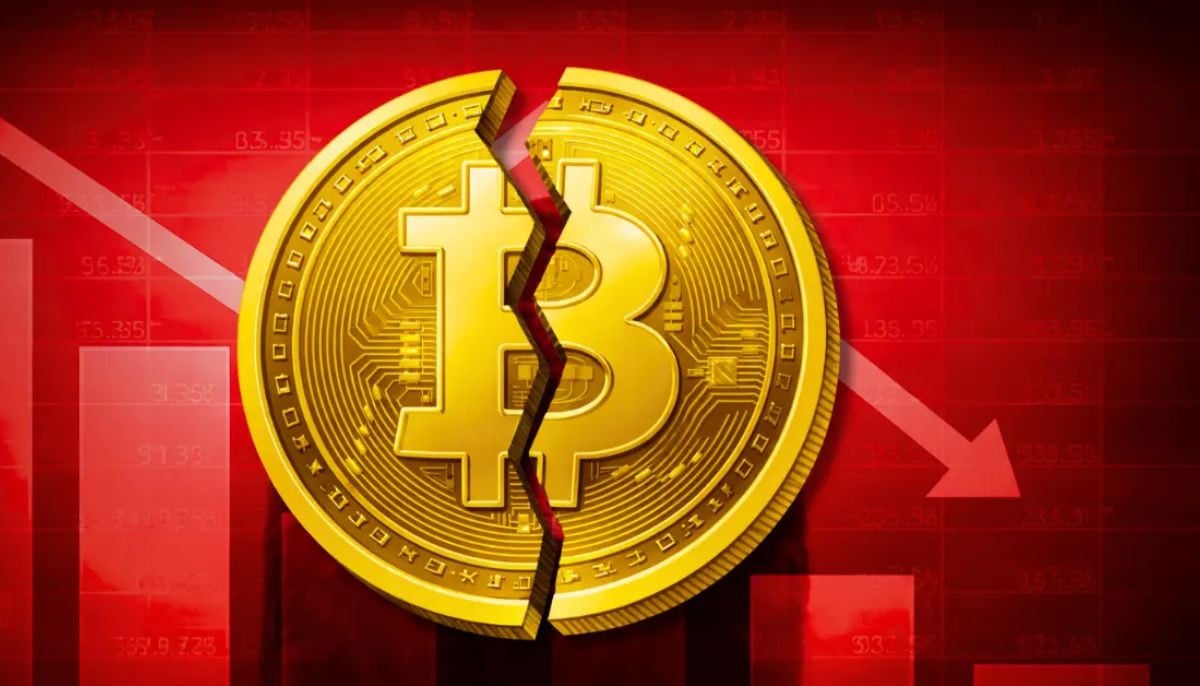IMF board approves $7bn loan programme for Pakistan
SBP Governor says Islamabad will receive first tranche of $1.10 billion
WASHINGTON: The International Monetary Fund (IMF) Executive Board on Wednesday approved a $7 billion Extended Fund Facility (EFF) for Pakistan, with the first tranche of $1.1 billion likely to be released by September 30, 2024.
The interest rate on the loan is less than 5%, sources in the Ministry of Finance said, adding the IMF may disburse the second instalment during this fiscal year.
Confirming the development, State Bank of Pakistan (SBP) Governor Jameel Ahmed said that Islamabad would receive the first tranche of $1.10 billion, adding that the country has fulfilled all demands of the global lender.
Prime Minister Shehbaz Sharif, in a statement issued from the sidelines of the UN General Assembly in New York, voiced satisfaction over the approval of the loan programme and thanked IMF Managing Director Kristalina Georgieva and her entire team.
The premier also thanked the friendly countries, particularly Saudi Arabia, China, and the United Arab Emirates (UAE), for helping Pakistan secure the bailout package.
Saying that the implementation of economic reforms is vigorously underway, the premier said that the government would continue to work hard to achieve goals related to economic development after reaching stability.
PM Shehbaz said the increase in business activities and investment in the country was welcome and a testament to the hard work of the economic team.
“If the same hard work continues, God willing, this will be Pakistan’s last IMF programme,” the prime minister added.
‘Macroeconomic stability’
Speaking to Geo News, Minister for Finance Senator Muhammad Aurangzeb said the IMF three-year bailout package was a testimony of the government’s “sound economic policies”. “The objective of the IMF bailout package was to achieve macroeconomic stability,” he maintained.
Pointing out the economic improvement, the minister said that the country's consumer price index (CPI) related inflation dropped to single-digit while the key policy rate was also slashed by 200 basis points (bps). Furthermore, he said, the rupee was also stabilising and foreign exchange reserves have increased.
Aurangzeb added that two international agencies also upgraded Pakistan’s ratings last month — referring to Moody’s and Fitch.
In late July, Fitch raised Pakistan's long-term foreign-currency issuer default rating (IDR) to CCC+ from CCC. In August, Moody's upgraded the country's local and foreign currency issuer and senior unsecured debt ratings to Caa2 from Caa3 owing to improvement in macroeconomic conditions.
“We are committed to structural reforms,” he said, vowing that the government would broaden the tax net, introduce reforms in the energy sector and implement privatisation.
In July this year, Pakistan and the IMF started negotiating the 37-month loan programme. The approval finally came following the confirmation of $12 billion in bilateral loans from Saudi Arabia, China and the UAE and the external financing of $2 billion.
According to insiders, Pakistan owes $5 billion to Saudi Arabia in the form of cash deposits. It must be noted that Pakistan also holds $4 billion in deposits from China and $3 billion from the UAE.
Pakistan was required to secure external financing of $2 billion from bilateral and commercial lenders as a pre-requisite for the IMF board’s approval.
Later, the global lender identified an external financing gap of $2 to $2.5 billion and confirmation was secured from the kingdom in the shape of a Saudi oil facility as well as an ITFC facility of $400 million from IsDB and remaining from Standard Chartered Bank and other Middle East-based commercial banks, as per The News report.
The cash-strapped country had to undertake a slew of measures demanded by the IMF, including broadening the tax next, enforcing tax on agricultural income, and increasing the electricity and natural gas prices.
Satisfying the IMF — which had repeatedly demanded improved tax collection, the federal government presented the tax-loaded Rs18.877 trillion budget for the fiscal year 2024-25 (FY25) in June.
The budget aimed at raising Rs13 trillion by next July, a roughly 40% increase from the current financial year, to bring down a ruinous debt burden that has caused 57% of government revenue to be swallowed by interest payments.
The tax rises mostly fall on salaried workers, who comprise a relatively small part of Pakistan’s mostly informal economy, as well as some retail and export businesses. The budget also threatened punitive measures for tax avoiders, including restrictions on mobile phones, gas and electricity access and the ability to fly abroad.
Reining in unresolved debt across Pakistan's power sector was also a top concern of the global lender, which ended a $3-billion bailout in April that led to higher tariffs, hurting the poor and middle class, and cutting household use for the first time in 16 years.
Islamabad has relied heavily on IMF programmes for years, at times nearing the brink of sovereign default and having to turn to countries such as the United Arab Emirates and Saudi Arabia to provide it with financing to meet external financing targets set by the IMF.
-
Will Warner Bros finalize deal with Paramount or stays loyal with Netflix's offer?
-
$44 billion Bitcoin blunder: Bithumb exchange apologizes for accidental payout
-
Global memory chip crunch puts spotlight on Apple; Will iPhone become more pricey?
-
Bitcoin plummets toward $60,000 as investors dump risky bets
-
Bitcoin crashes below $63K as regulatory pressure and market fears grow
-
Bitwise Crypto Industry innovators ETF: What investors should do in 2026?
-
Nintendo shares slide again as momentum fears grow
-
Gold, silver prices fallen sharply; What’s driving the drop?












